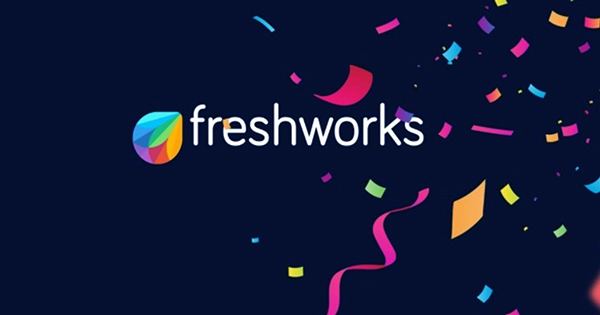An estimated one billion people worldwide have been challenged to prove their identities, with 81% of those living in sub-Saharan Africa and South Asia living without any proof of identity, according to a World Bank report. . It is no news that Africans spend a huge amount of money trying to prove or verify their identity in order to gain access to proof, financial accounts, loans, SIM cards, and social services. As per reports, an estimated 500 million Africans have no official identity.
There is a lack of services to address this challenge, but few entities employ artificial intelligence for reliable processes. One such organization among smile identities is providing ID verification and KYC consent for African faces and identification. Today, the company is announcing that it has stopped funding the $7 million series. Costanova Ventures co-led the investment with Pan-African venture firm CRE Venture Capital. Other investors participating include VCs such as LocalGlow, Intercept Ventures, Future Africa, and anonymous Angel investors. Existing investors including Khosla Impact, Value Stream Ventures, Beta Ventures, 500 Startups, and Story Ventures took part in it. Mark Straub founded Smile Identity with William Bares in 2017. As an investor, Straub traveled regularly between Mumbai and Nairobi, having spent the previous decade. Getting a SIM card or providing an identity check in India in the early 2000s is incredibly frustrating.
When India launched the stack in 2009, the situation began to change. Stack is a unified software platform through API that provides seamless identification, verification, and authentication processes to governments, businesses, startups, and developers across multiple industries. “People can easily digitally sign a document such as KYC, share or federate documents across an organization or school, prove a birth certificate, or prove an educational credential,” says TechCrunch. “It has really unleashed a wave of innovation, changed entrepreneurial activity and fundamentally financial services and will ultimately share economic services in India.”
While India has made great strides in this endeavor, Africa has largely caught up. Most businesses on this continent still do not spend a lot of time and energy on new customers, salespeople, or employees, considering the processes and paperwork risky.
















